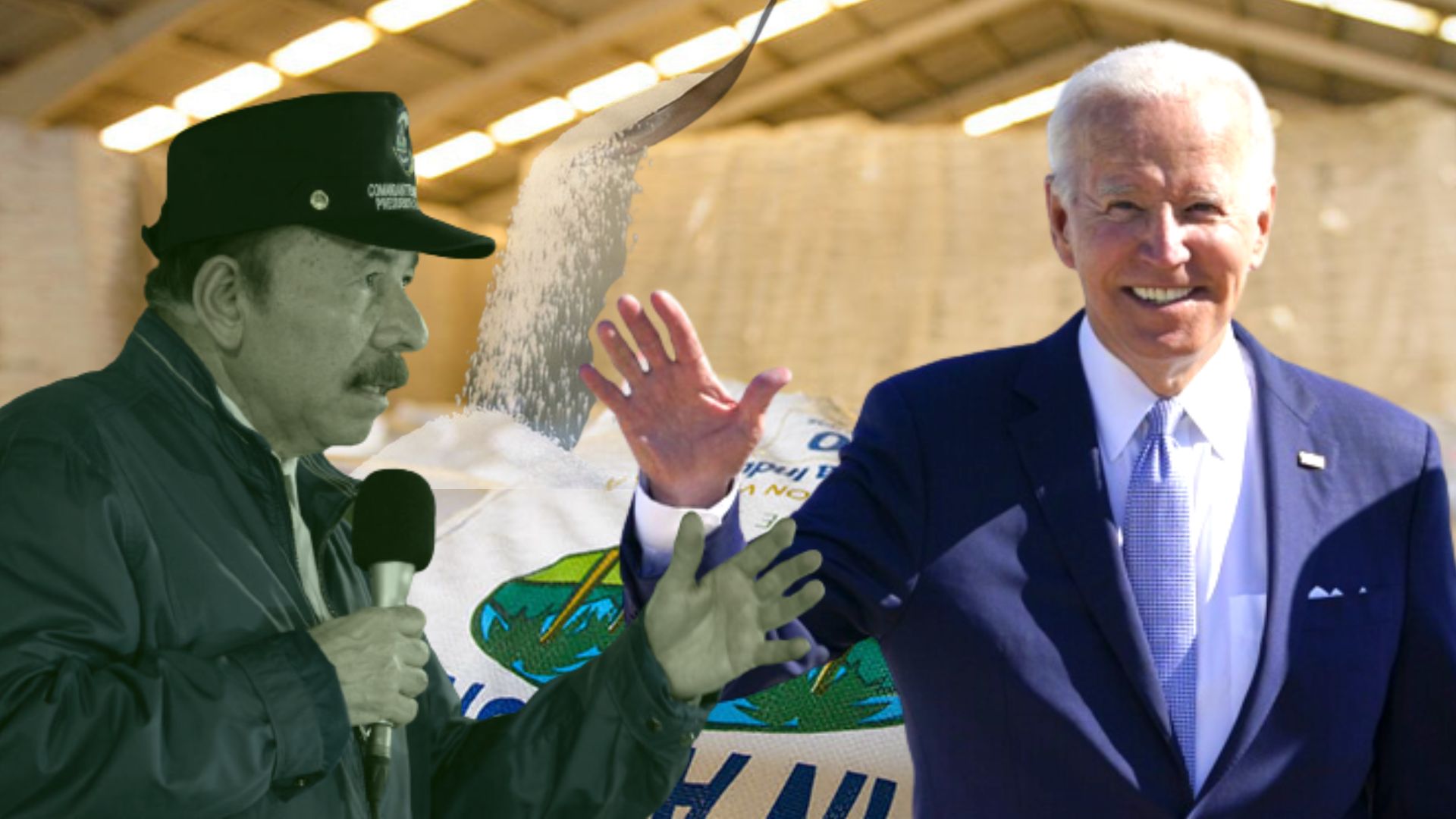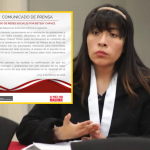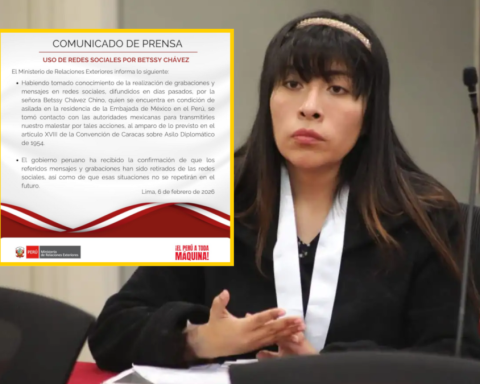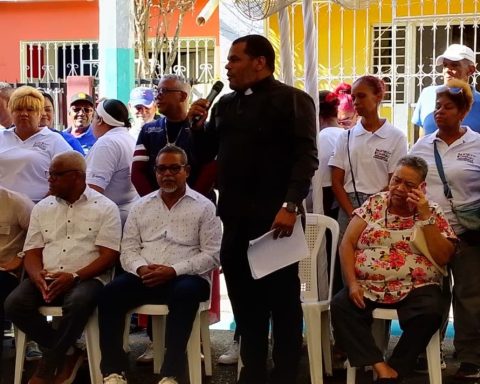The administration of Daniel Ortega, through the Ministry of Development, Industry and Commerce of Nicaragua (Mific), assured that the decision of the United States to exclude the country from the annual sugar import quota for fiscal year 2023 it is merely a political matter and suggested to the sector to look for alternative markets to place the production.
The leader of the Mific, Jesús Bermúdez, in his attempt to minimize the effects of Nicaragua’s exclusion from the sugar quota, pointed out that the nation still has its quota in the framework of the DR-CAFTA between the United States, Central America and the Dominican Republic, which which will allow mills to continue exporting sugar under preferential conditions.
“This is a World Trade Organization quota, it has nothing to do with the quota we have with Cafta, which is 29,040 metric tons, therefore, our sugar industry can continue exporting the quota to the United States.” Cafta”, Bermúdez told official media.
Related news: The US leaves Nicaragua out of the annual sugar import quota for 2023
In addition, he stated that the sugar sector could export sugar to other markets such as South Korea, Bulgaria, United Kingdom or Chileand others not preferential but with good prices such as Colombia, Haiti, Ghana among others.
“There is a market to be able to place that sugar that we cannot export with preferential treatment to the United States, although we can export it with non-preferential treatment by paying a tariff of 14.60 dollars per metric ton,” explained the Mific minister.
Two weeks have passed since the office of the United States Trade Representative (USTR) announced the measure against the Ortega-Murillo dictatorship, and it was until August 2 that the Ortega administration spoke out regard.
On July 20, the Joe Biden government reported that Nicaragua is not on the list of 40 countries that were assigned the annual sugar import quota agreed with the World Trade Organization (WTO).
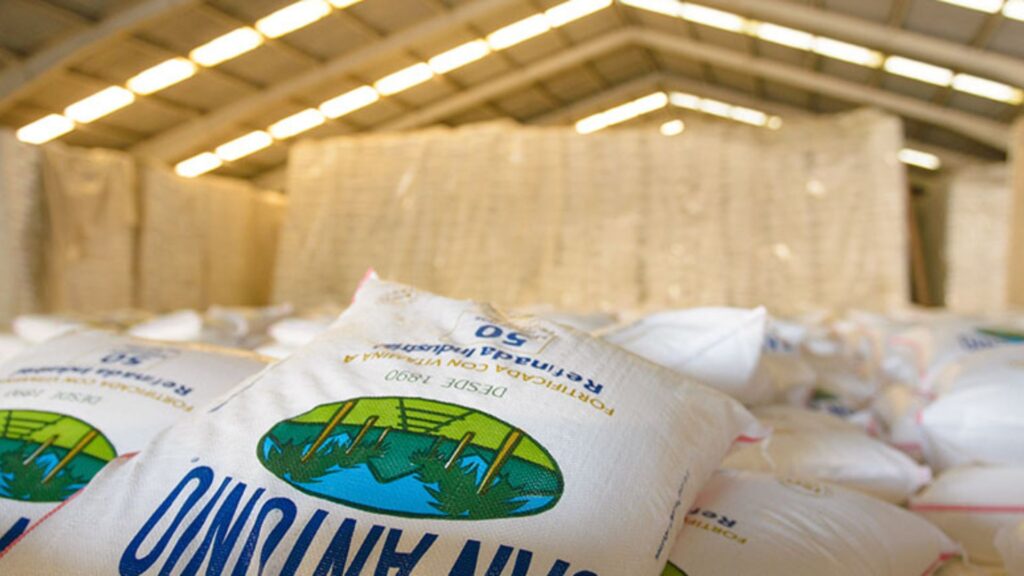
By April 2022, the USTR had already excluded the country from the reallocation of the additional sugar quota for fiscal year 2022, which would now be the second strong “blow” in the Nicaraguan economy by completely separating it from the total quota. from 2023, which also affects private entrepreneurs.
According to the National Committee of Sugar Producers of Nicaragua (CNPA) and the Association of Private Western Sugar Cane Producers (Aprico), This preferential export quota represented some 440,000 quintals of sugar for the sector and generated an additional benefit of approximately 6.5 million dollars a year. However, given this situation, they will be exporting this sugar to other markets with lower prices.
For Jesús Bermúdez, the Joe Biden administration “is using political arguments to withdraw the sugar quota that is 22,114 tons for Nicaragua”, therefore urging the mills to seek other markets to sell their production.
